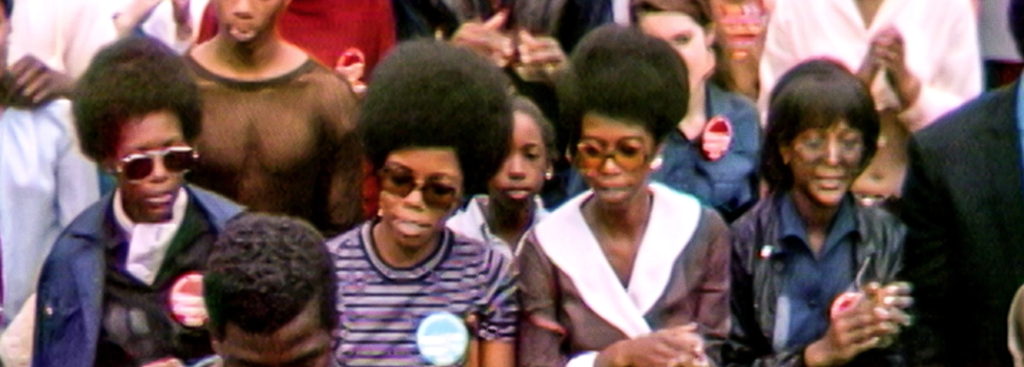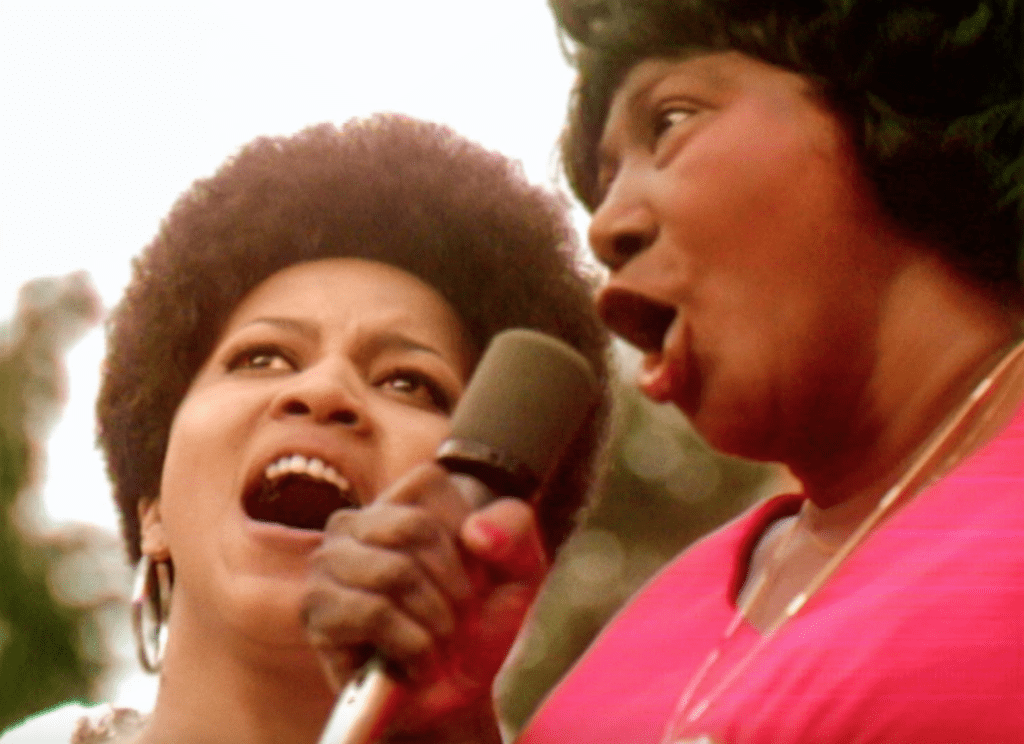
During the late 60s, citizens of the United States were witnessing the brutal Vietnam War on live television. Many mothers and fathers managing to cope with the deaths of Martin Luther King Jr. and Malcolm X while anxiously watching their sons be disproportionately killed due to systemic racism. There was time for obvious change; some took violent protest as the most effective route while others had to mold their forms of protest as they were seated in some forms of power. Social activists were granted the opportunity to protest through counter sit-ins and boycotts throughout the early 60s. Students throughout different levels of academia walked out of classes to protest social injustices against the black cause in 1968. Tommie Smith and Grant Carlos formulated protest within the realm of sports for black athletes during the Olympics in 1968. However within music, The Harlem Cultural Festival was an act of protest as harmony for artists (music, communications, media) in the black community. Set in the heart of Harlem, Mount Morris Park was the perfect location to cultivate community for Black New York in 1969. While other realms of black society were looking for ways to get vengeance or to somehow advance the black cause with strategic planning for democratic changes, collaborators of the Harlem Cultural Festival solely wanted to heal and revive the community with the love of music. Various renowned artists like Stevie Wonder and B.B King met from across the country to show devotion to the black community. As pop became popular during the time, jazz, disco, funk, and blues were relatively exhibited in performances during the film of the festival. Specifically, the artists and groups who stood out to me were the Staple Singers and Mahalia Jackson.
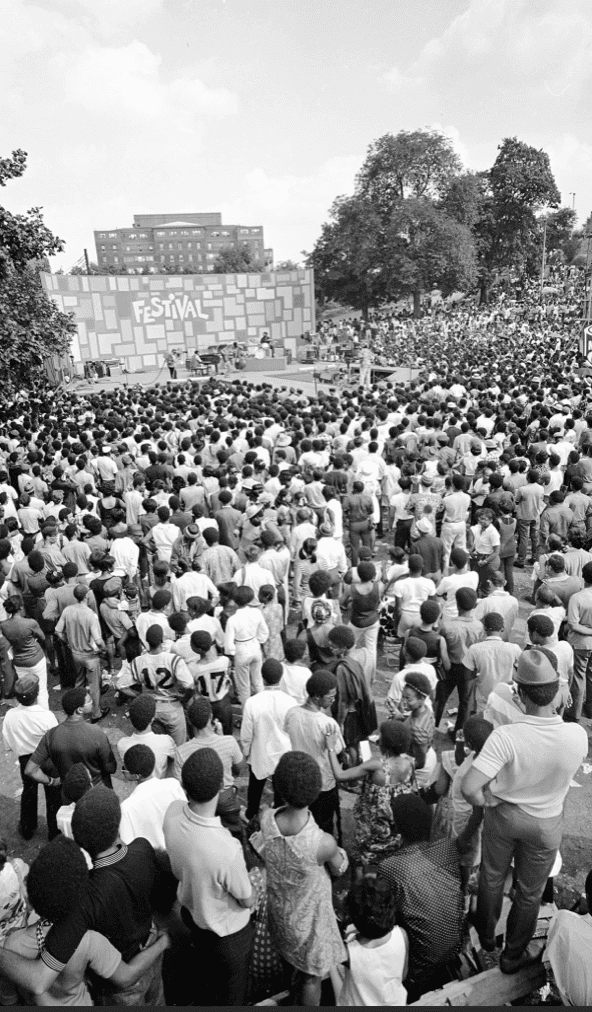
During the Civil Rights era, the black church pioneered non-violent protests and marches, as well as protected and guided the African-American community. This led to the Civil Rights Act of 1964 getting passed in US government, but also resulted in the death of Martin Luther King Jr. years later. A man who was embodied as the olive branch between the black community and peace. A caring minister who acted as the middle man between the black community and security. Without him, there was no longer black leader drawing a bridge between the Christian faith and advancement of black people of America. During the 1968 protests, black people around the country were left feeling lost and enraged with hurt from political strike and militant control. The black church was also left feeling discarded once their socio-political role in the black community was no longer as needed as before. During the Summer of Soul film, the Edwin Hawkins singers, Staple Singers, and Mahalia Jackson performances exhibited the importance of black spirituality during difficult times. “Oh Happy Day” was a revelation to the black side of America to remember to always watch, pray, and then fight. This was actually the first heard contemporary form of gospel; layers of piano, bass, fender, bongos, drums heard seamlessly behind the lead vocalist and the choir throughout the funk-like record. Call-and-response is used as the volume increases as the tempo does. From the COGIC community around 3,000 miles away, the Edwin Hawkins singers were persecuted back for the performance with secular artists. Although they were chastised for their contribution to the festival, the group left a hopeful and joyous message with black Harlem to keep their eyes on God. The Staples Singers performed “Help Me Jesus” which consisted of elements from folk, gospel, jazz, and blues. “Pops” staples was seen incorporating the blues with the use of his guitar, which was influenced from his upbringing in the Mississippi Delta. Mahalia Jackson sang “Take My Hand Precious Lord” with Mavis Staples as tribute for Martin Luther King Jr. as Ben Branch, saxophonist, ushered her in. MLK had looked forward to hearing the song the night before he was assassinated at the Lorraine Motel, per Jesse Jackson’s remarks. Rev. Al Sharpton even had to recollect on how the black community has used black gospel as a gateway to Christ: “We didn’t go to a psychiatrist. We didn’t go lay on a couch. We didn’t know anything about therapists. But we knew Mahalia Jackson.” Throughout her performance as the lead, Mahalia was vehemently passionate and repetitive and Mavis acted ad-libs and response for the calls in the song. The audience wept, cried, and danced amongst one another while some even stared in awe. To elderly and the youth in front of the stage, gospel was revered again as a conscious tool to channel their experiences and combat their obstacles.

While the revolution was never televised at the time, The Summer of Soul documentary changed the trajectory of some parts of history. African American music that was so-called cadillac records within the film, which was ultimately in the hands of white big media, debuted by way of Musa Jackson and Questlove. Two black producers in music and film in the 21st century, which speaks highly for itself. As with the Mount Morris park which was renamed in 1973 in honor of a Harlem Cultural Festival guest’s father: Marcus Garvey Sr. The park was renovated to include a pool, amphitheater, and recreation center for the communities of Harlem after 1969, which explores the most intimate and progressive outcomes from this festival. During 1968, black people were being forced to observe the harsh realities of war on national television to condition them to an unjust reality. At the same time, black people captured the collective harmony at the Harlem Cultural music festival for millions to see just to be denied space on television for Woodstock. The paradox of being black in America is vividly realized from watching this film; to have a soul is to be as joyful as you are mournful. As black leaders from a multitude of occupations invested their time into this event and film, it is apparent that their purpose was to create infectious love through music, in hopes that it drew us to lean on our people for support. In hopes that we were given some courage to live on for another day: watching, praying… and fighting.
Other Works by Author
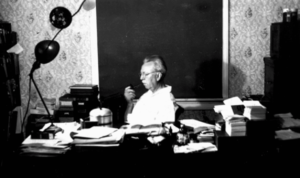
The Truths Behind Obsolescent White Spirituals
Leah Robinson &
Aiyanna Manning
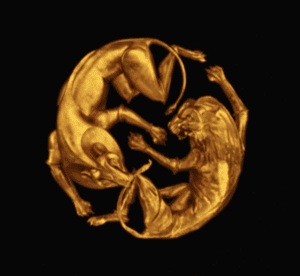
African to African American Music by Aiyanna Manning
/*! elementor – v3.4.8 – 16-11-2021 */ .elementor-heading-title{padding:0;margin:0;line-height:1}.elementor-widget-heading .elementor-heading-title[class*=elementor-size-]>a{color:inherit;font-size:inherit;line-height:inherit}.elementor-widget-heading .elementor-heading-title.elementor-size-small{font-size:15px}.elementor-widget-heading

The Soul of Marvin Gaye
THE SOUL OF MARVIN GAYE On a solemn day in
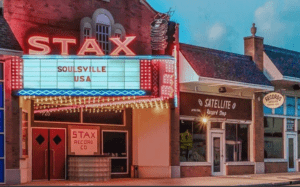
Commodification of Black Music Through Labels
RECORD ROW Record Row culminated independent record companies into one,
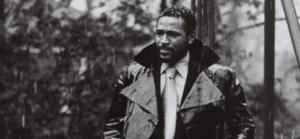
The Soul of Marvin Gaye
/*! elementor – v3.4.4 – 13-09-2021 */ .elementor-heading-title{padding:0;margin:0;line-height:1}.elementor-widget-heading .elementor-heading-title[class*=elementor-size-]>a{color:inherit;font-size:inherit;line-height:inherit}.elementor-widget-heading .elementor-heading-title.elementor-size-small{font-size:15px}.elementor-widget-heading
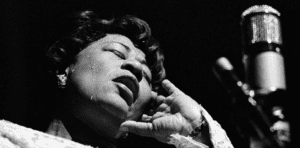
First Lady of the Swing Era
Although raised in the City of Gracious Living, Ella Fitzgerald

